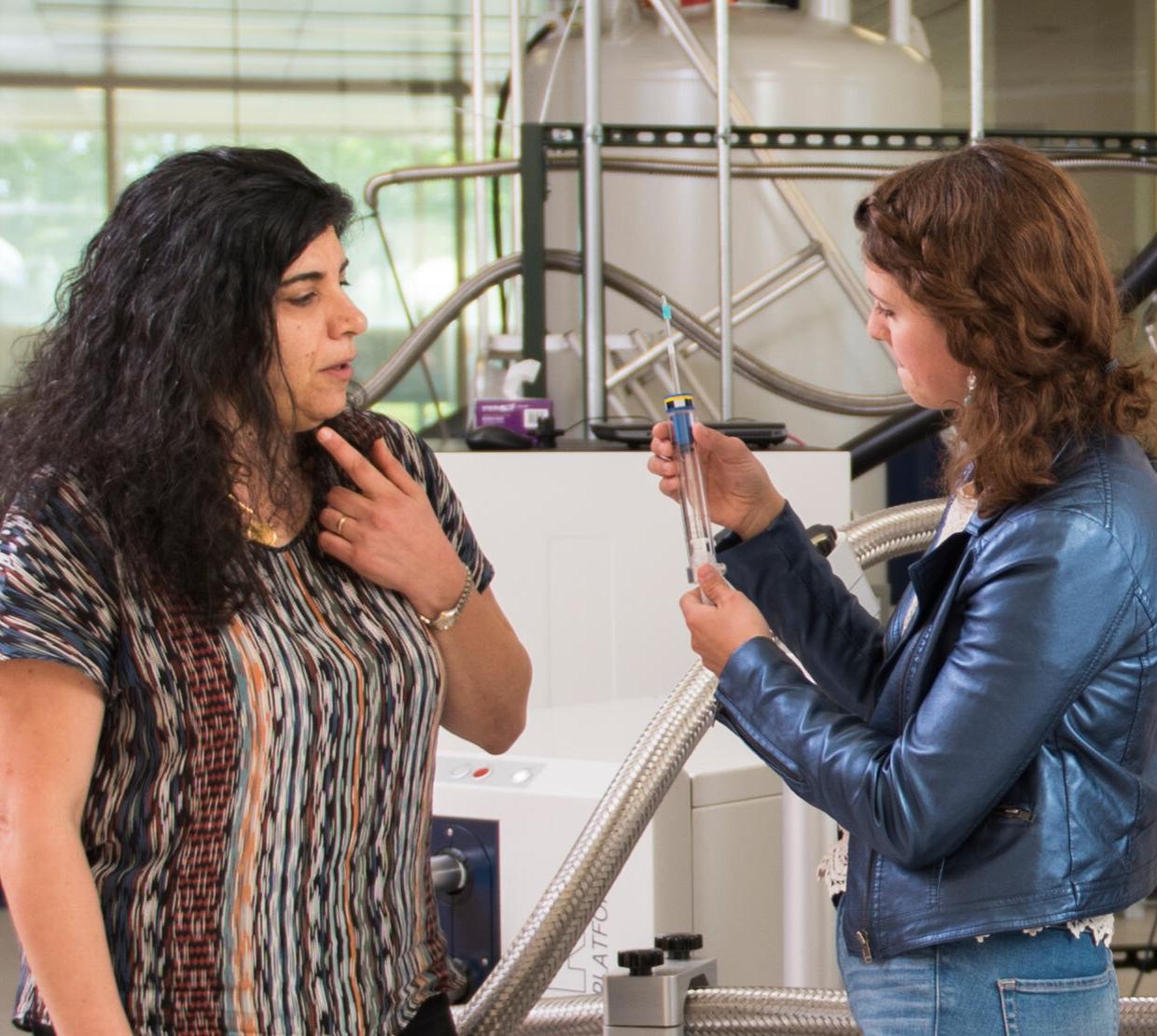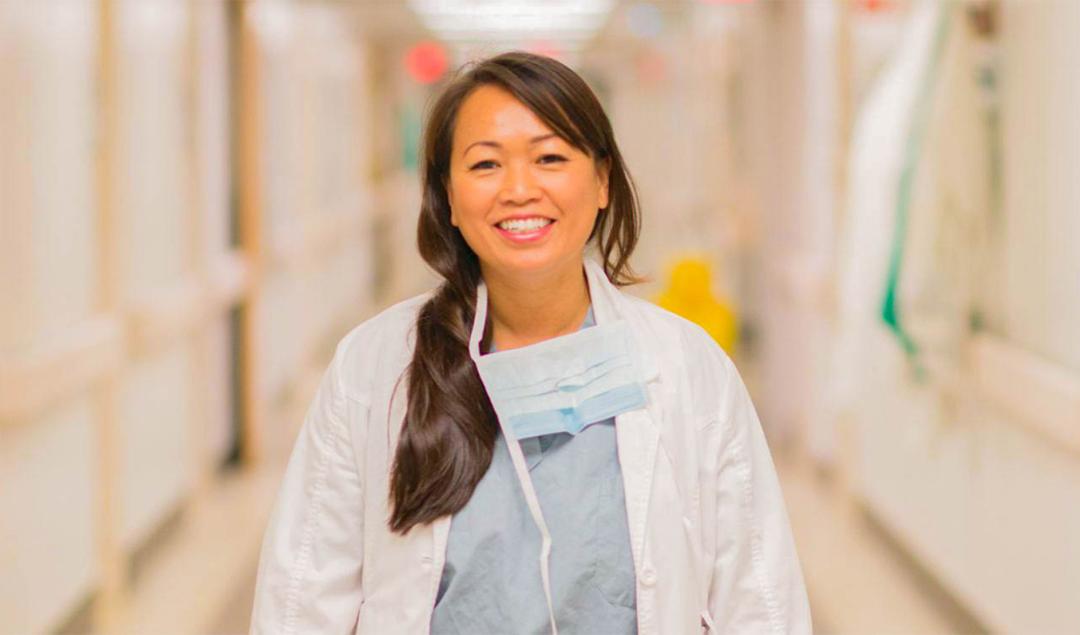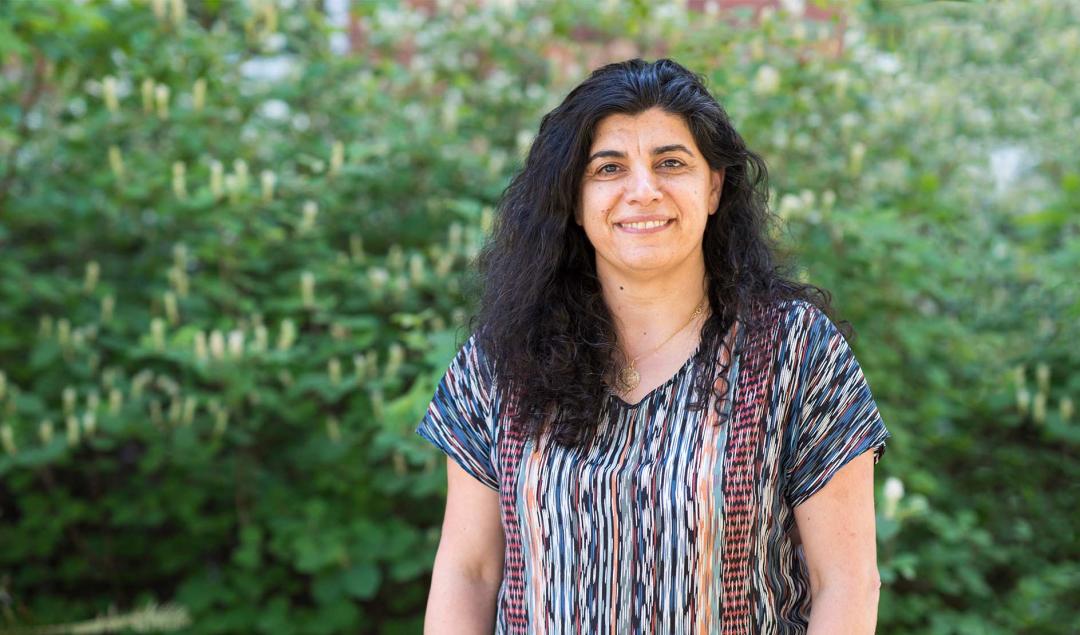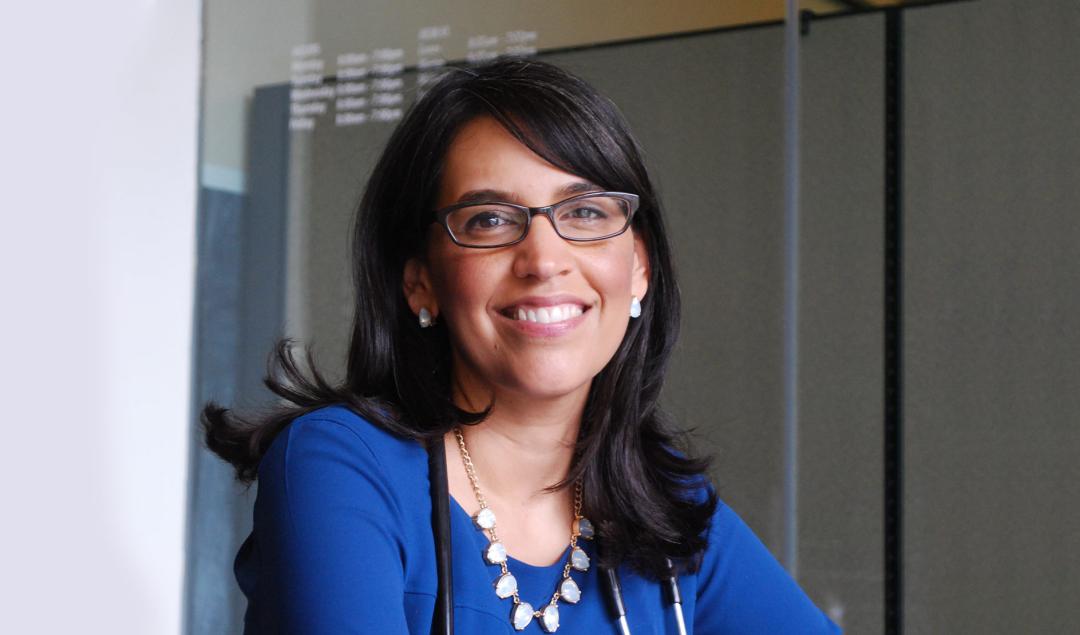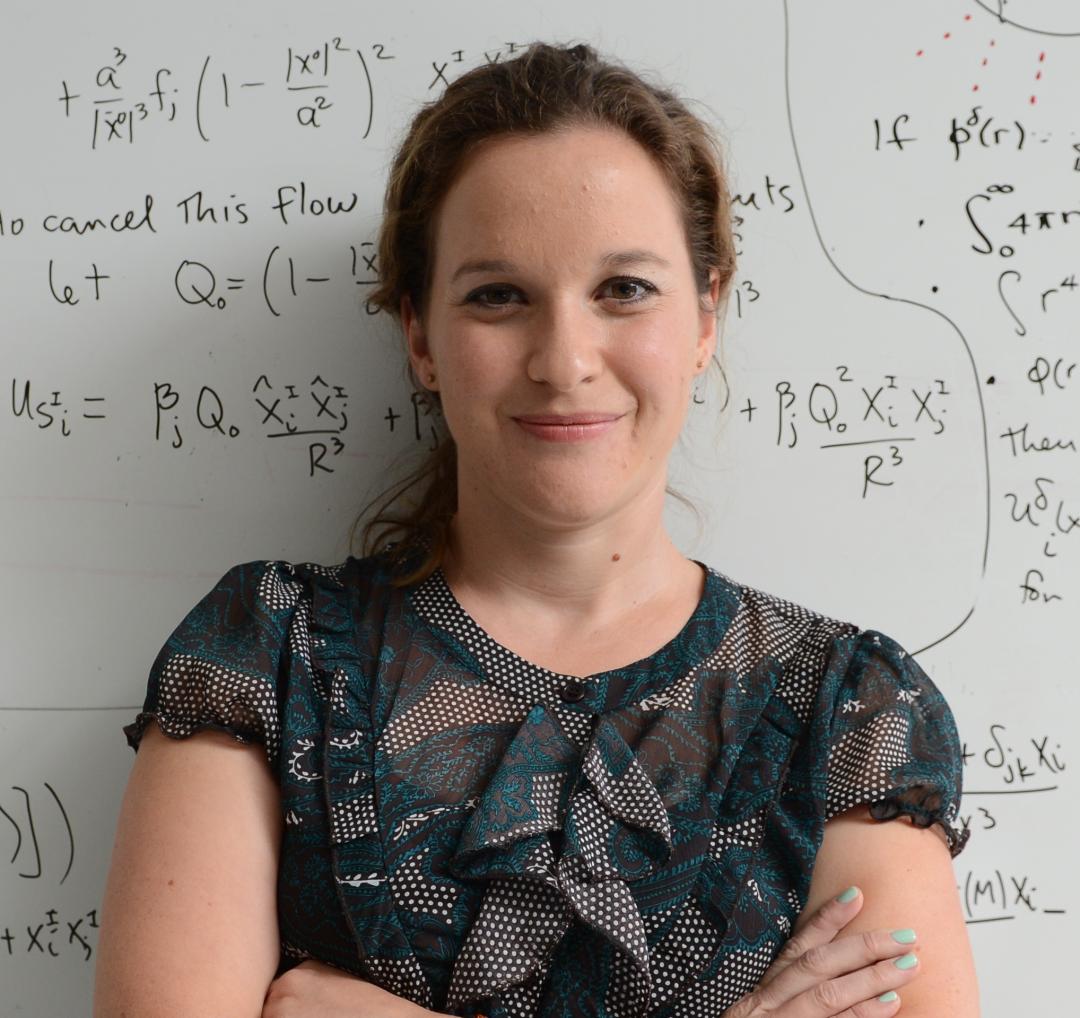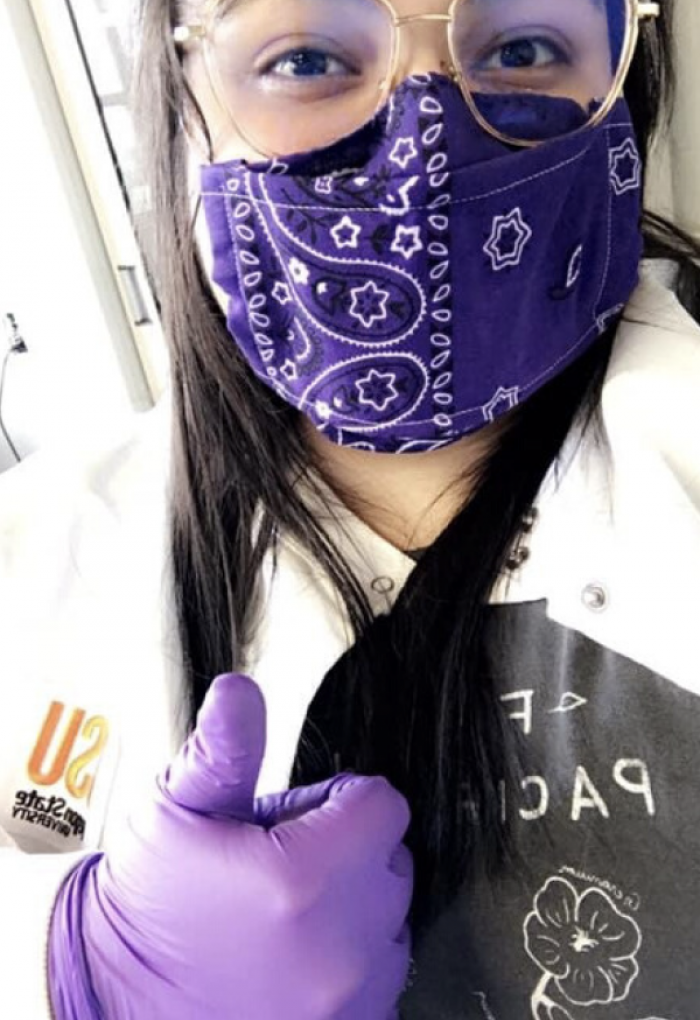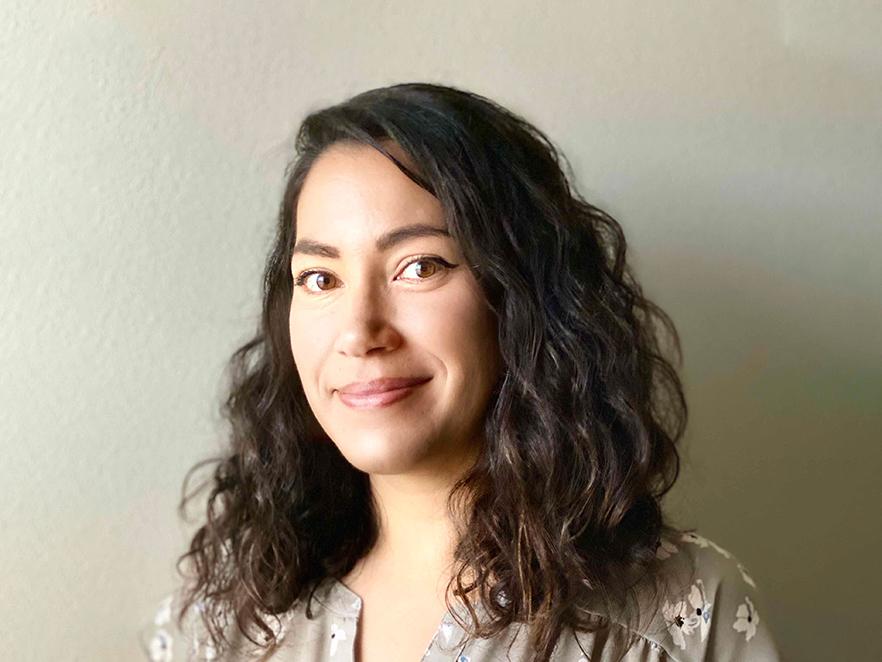In recognition of the International Day of Women and Girls in Science, held on February 11, we acknowledge the women faculty, students and alumnae of the OSU College of Science. The world’s population is 50% women, and yet only 30% of scientists identify as women.
“Women and girls represent half of the world’s population and, therefore, also half of its potential. Gender equality, besides being a fundamental human right, is essential to achieve peaceful societies, with full human potential and sustainable development.” (Source: https://www.un.org/en/observances/women-and-girls-in-science-day)
The UN main event will take place online. Additionally, the 6th International Day of Women and Girls in Science Assembly will be held at the United Nations Headquarters virtually.
The UN theme for 2021 is “Women Scientists at the forefront of the fight against COVID-19”. The COVID-19 pandemic has disproportionately affected women academics, including women scientists, who may face significant career damage, extending the gender gap in science and highlighting unequal effects and existing systemic inequities. In fact, if we are to learn from past pandemics, women are most affected by pandemics.
The Association for Women in Mathematics (AWM) endorsed an open letter, published by the European Women in Mathematics which emphasized the unequal effects of this pandemic on all women academics, especially untenured women and caregivers. They offered suggestions for universities, government and funding agencies to proactively support their most vulnerable populations.
"We did not experience the crisis equally. Untenured faculty lost more. Women lost more. Caregivers lost more. The more vulnerable the population, the greater the disadvantage. No one chooses a pandemic, but now we can choose how to respond." -- the EWM Standing Committee and the EWM Working Group on the Corona Crisis
It is also important to recognize that we cannot fold the experiences of all women into one. Covid-19 has its deadliest effects at crossroads of differing axes of oppression. To meaningfully address issues of equity and inclusion requires that we respond to the unequal effects at the intersections of race & ethnicity, gender, socioeconomic status, disability, sexual orientation, among other social axes of oppression.
And yet, women have made critical contributions to understanding and combating the virus and mitigating its effects on disadvantaged populations.
During this International day of Women and Girls in Science, we take the opportunity to highlight the contributions of OSU College of Science women, both alumnae and current faculty and students, to the fight against Covid-19.
